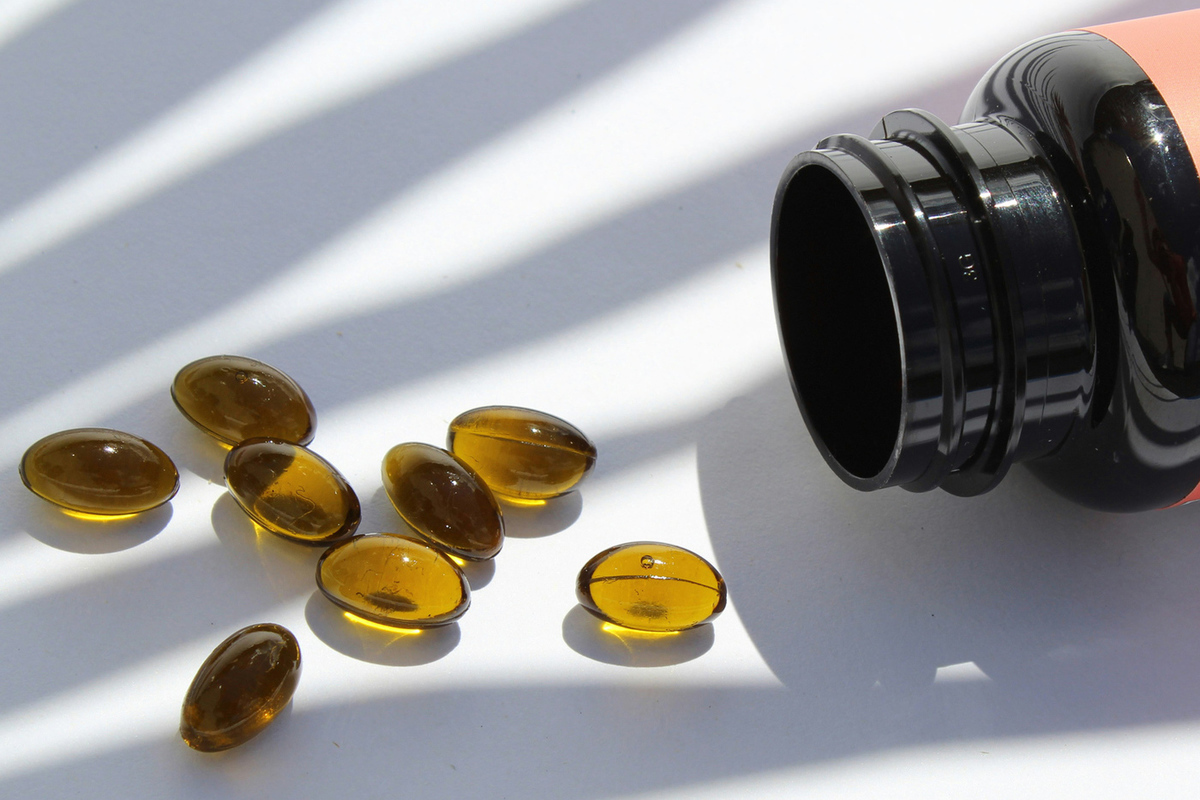Scientists have dispelled myths about the benefits of vitamin D: “It doesn’t help with a lot of things”
[ad_1]

In Britain, a pensioner died from taking large doses of it
Scientists continue to debate the benefits or harms of vitamin D, which has become one of the most commonly prescribed and consumed supplements today. Some claim that literally everyone needs it, and in large doses, while others insist that its benefits have not been proven by anyone, and the harm can be serious. The latter’s arguments are confirmed by the first case of death of a man who was on high doses of this vitamin-hormone for 9 months.
British pensioner David Mitchener had been taking vitamin D supplements for at least nine months before his death. He was hospitalized with hypercalcemia, a condition in which calcium levels in the blood are too high. This can weaken bones and cause kidney problems such as kidney stones.
Complications associated with excess vitamin D and calcium led to the man experiencing liver and heart failure. He died 10 days after hospitalization. The coroner investigating the death said taking too much of the vitamin could have serious health risks. His report listed the main cause of death as heart and kidney failure, excess calcium and hypervitaminosis D. The coroner emphasizes that the packaging did not clearly indicate the dangers of taking too much.
Vitamin D is essential for healthy bones, teeth and muscles. It is found in some foods such as fatty fish, red meat, egg yolks and fortified breakfast cereals, but the main source is sunlight. Vitamin D helps the body absorb calcium, so getting too much of it can lead to calcium buildup. When doctors tested Mitchener’s vitamin D level, it was found to be at the maximum level recorded by the laboratory.
For people aged 14 to 70 years, the recommended daily intake of vitamin D is 15 mcg or 600 international units. For people over 70, this dose reaches 20 mcg, or 800 IU, according to the UK National Institutes of Health’s Office of Dietary Supplements.
“Don’t listen to illiterate populists from social networks,” advises the famous St. Petersburg doctor Lev Averbakh. – Their task is to sell you meaningless and useless dietary supplements or gain subscribers and likes. There is no clear basis for recommending vitamin D supplementation for the prevention of many diseases, and further research in these areas is not required. There is no statistically significant evidence for the effectiveness of vitamin D. Scientists have agreed that vitamin D supplementation may be justified only among older people who rarely go outside and who are deficient in naturally produced vitamin D. There is no point in getting a vitamin D test “just in case” unless you what are you complaining about.”
Military doctor Alexey Vodovozov agrees with the expert: “Vitamin D is a surprisingly universal thing, it doesn’t help with many things. For example, it does not help against COVID, and it does not help in the prevention and treatment of ARVI. And at the annual conference of the ASBMR, this professional association of doctors involved in the pathology of the skeletal system, a report was presented that vitamin D, even when combined with the equally universally ineffective omega-3, does not reduce the risk of fractures in the elderly. But, as you can see, no one rejects the miracle vitamin without good reason. But don’t worry, alternative specialists will pick it up and, through instanutritionists and intrusive advertising, they will push it on you with a different sauce, they have plenty of them.”
“All statements about the direct effect of vitamin D on immunity, insulin and general well-being have nothing to do with evidence-based medicine. There are no convincing, reproducible studies regarding the healing properties of calciferols (vitamin D) in the prevention, much less treatment, of real diseases.
Over the past two to three decades, there have been hundreds of articles about the successful use of vitamin D in the treatment of a variety of diseases: from baldness and impotence to strokes and hypertension. All of them have not been verified by subsequent clinical trials,” says Vasily Vlasov, Vice-President of the Society of Evidence-Based Medicine Specialists, Doctor of Medical Sciences.
If there is no real, vital need for vitamin D, no amount of it will improve your health, doctors emphasize. And they advise not to get carried away with searching for supplements without proven effectiveness. At least not without consulting your doctor.
[ad_2]
Source link








